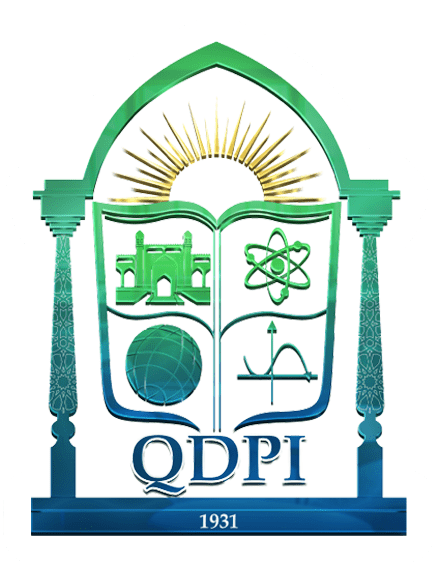THE STUDY OF MATERNAL FOLKLORE IN GLOBAL FOLKLORISTICS
Abstract
This article investigates the historical and contemporary aspects of studying maternal folklore in the context of global folkloristics. Maternal folklore, which includes lullabies, fairy tales, and other oral traditions, is recognized as an important cultural and pedagogical tool for shaping child-rearing practices and preserving societal values across generations. This work provides a comprehensive review of scholarly approaches to maternal folklore, emphasizing its long-term relevance in understanding cultural heritage in a rapidly globalizing world.
About the Authors
List of references
Bateson, M. C. (1990). Composing a Life. Plume.
Bauman, R. (1972). Folklore and Folklorists: A Study of the Folklore Renaissance. The Folklore Society.
Bettelheim, B. (1976). The Uses of Enchantment: The Meaning and Importance of Fairy Tales. Vintage Books.
Harries, L. (1994). Fairy Tale as Myth/Myth as Fairy Tale. University of Pennsylvania Press.
Harris, M. (2003). The Cultural Origins of Human Cognition. Harvard University Press.
Heng, G. (2004). The Invention of Race: A Brief History of Folklore and Cultural Identity. University of California Press.
Luthi, M. (1982). The Fairy Tale as a Mirror of the Human Condition. Indiana University Press.
Propp, V. (1968). Morphology of the Folktale. University of Texas Press.
Rosenberg, D. (2011). Children’s Folklore: A Handbook. Greenwood Press.
Zipes, J. (2012). The Irresistible Fairy Tale: The Cultural and Social History of a Genre. Princeton University Press.
How to Cite

This work is licensed under a Creative Commons Attribution-NonCommercial-NoDerivatives 4.0 International License.
